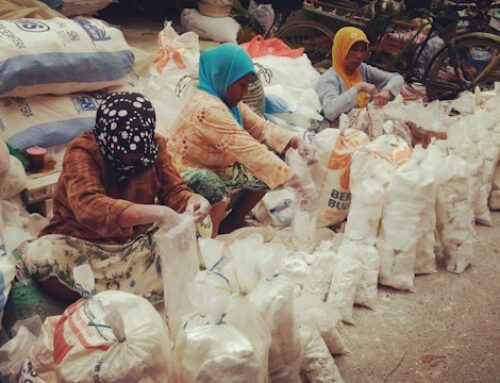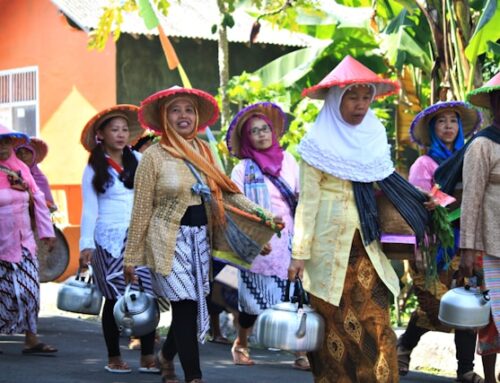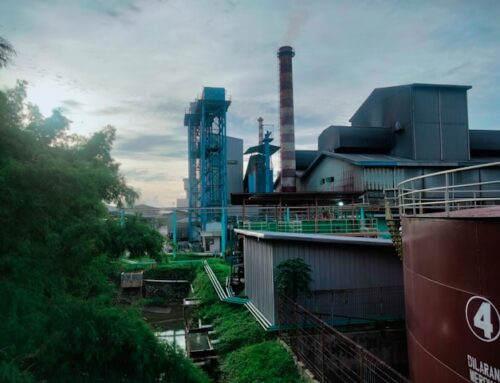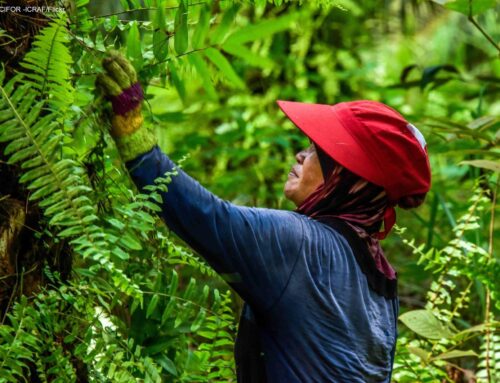Drawn from two separate studies on caste-based inequality in Sumba and Bali, this presentation will highlight the various impacts of promoting social inclusion – measured as shifts in local political power between castes – on closing inequality in human capital development in these two societies.
On the island of Bali, the pacification politics of the central government in 1965/1966 shifted local political power from the aristocratic caste (Triwangsa) to the peasant caste (Jabawangsa). While on the island of Sumba, there was no specific pacification politics recorded, but slowly there was a shift in local political power from the aristocratic caste (Maramba) to the peasant caste (Tau Ka’bihu). However, the lowest caste, namely the indigenous enslaved caste (Tau Ata), seemed invisible in the struggle for political power. They mostly lived under the yoke of servitude to the aristocratic caste.
Using information on caste gaps in education, wages, and assets from Balinese households in Bali in the 2002 SUSENAS as development outcomes, we find that increasing the political power of the peasant caste allows them to close the gaps in educational attainment and wages. However, the asset gap remains.
On the Sumbanese, using the information on development outcomes in the 2015 Traditional-Kampong survey, we find that the exclusion of the slave caste from the political power sharing incidentally made the aristocratic caste the lesser of two evils. That is, the change in the educational attainment of the enslaved caste, albeit very low, is stronger under their master’s rule than that under the commoner caste’s rule. The body height gap between the enslaved caste and the other caste, however, is insignificant.
Furthermore, we qualitatively pinpoint possible factors underlying these findings and highlight the importance of abolishing indigenous slavery under the GEDSI equality framework. A field note on the challenges of advocating for the abolition of slavery in Sumba from a recent Australia Awards Alumni Grant Scheme activities will complete this presentation.
Presenters: Umbu Reku Raya (Independent researcher) and Budy P. Resosudarmo (The Australian National University)
Hybrid in English. Register fkp20july.eventbrite.com (in person at The SMERU Research Institute, Jakarta, space limited) or bit.ly/fkp20july (online on Zoom)
Slides and video for past seminars:




